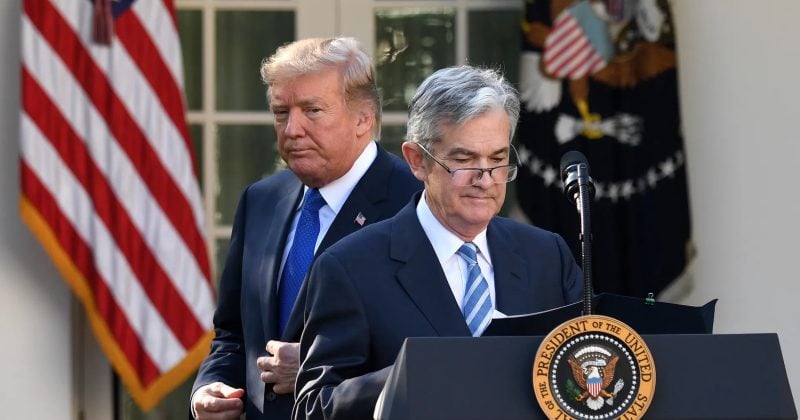Key Takeaways
- Tariffs are likely to lead to higher inflation and slower economic growth.
- The Federal Reserve is monitoring tariff effects but remains cautious about monetary policy changes.
Share this article
Fed Chair Jerome Powell said today that Trump’s newly announced tariffs are higher than expected and these measures are likely to lead to higher inflation and slower economic growth. He reiterated that the central bank is not rushing into any policy moves and will wait for more clarity.
“While uncertainty remains elevated, it is now becoming clear that the tariff increases will be significantly larger than expected. The same is likely to be true of the economic effects, which will include higher inflation and slower growth,” Powell said in his prepared remarks at the Society for Advancing Business Editing and Writing’s annual conference.
Touching on the state of the American economy, Powell noted that the economy remains “in a good place” with solid growth, a balanced labor market, and inflation running above the Fed’s 2% target. However, he warned that new federal tariff hikes could complicate the path forward for monetary policy.
“Higher tariffs will be working their way through our economy and are likely to raise inflation in coming quarters,” Powell stated.
The Fed chair emphasized that the central bank’s response to these developments would depend on several factors, including the specifics of the tariffs, their duration, and potential retaliation from trading partners.
“It is too soon to say what will be the appropriate path for monetary policy,” Powell said.
Both survey- and market-based measures of near-term inflation expectations have increased, though longer-term inflation expectations remain consistent with the Fed’s 2 percent target, according to Powell.
This is a developing story.
Share this article






